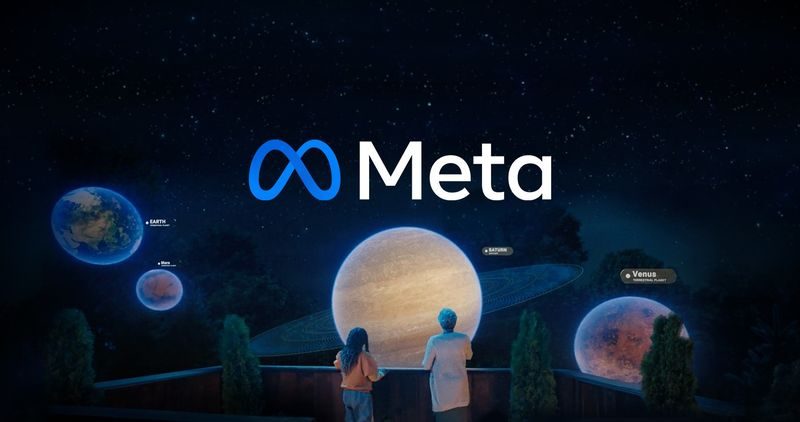It seems that the matter of the acquisition of Giphy by Meta (erstwhile Facebook Inc) has finally reached a conclusion. And Facebook’s name change, clearly did not bring about the needed image change. The Competition and Markets Authority (CMA), the competition regulator of the UK, said that Meta must sell online gif platform Giphy and that the acquisition could harm social media users and advertisers in the United Kingdom.
The CMA has been investigating the acquisition ever since it was made last year. It said that in line with the Phase 2 provisional findings issued in August, it concluded that the acquisition would reduce competition between social media platforms and that the deal has already removed Giphy as a potential challenger in the display advertising market.
The CMA is correct in its inference, given that the digital advertising sector is largely dominated by Meta. Meta had announced its plans to integrate it with Instagram and had shut down its advertising services. This removed one of its major competitors – the CMA discovered that Giphy’s advertising services had the potential to compete with that of Facebook and would have encouraged greater innovation from other players. Add to that the fact that Giphy had been mulling over international expansion, and this would, in time, threaten the dominance of Meta, which controls half of the £7 billion display advertising market in the UK.
With the acquisition, Meta would be able to increase its already significant market power by denying or limiting other platforms’ access to Giphy GIFs. This would drive the users to apps owned by Meta – Facebook, WhatsApp, and Instagram – which already account for 73% of user time spent on social media in the UK. It would also require apps like TikTok, Twitter, and Snapchat to provide more user data in order to access Giphy GIFs.
The CMA said that it had consulted with interested businesses and organizations and assessed alternative solutions (known as ‘remedies’) put forward by Facebook before concluding that the concerns could only be addressed by Facebook selling Giphy in its entirety to an approved buyer.
“The tie-up between Facebook and Giphy has already removed a potential challenger in the display advertising market …by requiring Facebook to sell Giphy, we are protecting millions of social media users and promoting competition and innovation in digital advertising,” said Stuart McIntosh, chair of the independent investigation for the CMA.
Unsurprisingly, Meta is not happy with the decision, which marked the first instance of the regulator reversing a Big tech acquisition. It criticized the decision, saying that it disagreed with it. “We disagree with this decision,” said a Meta spokesperson. “We are reviewing the decision and considering all options, including appeal.
Both consumers and Giphy are better off with the support of our infrastructure, talent, and resources. Together, Meta and Giphy would enhance Giphy’s product for the millions of people, businesses, developers, and partners in the UK and around the world who use Giphy every day, providing more choices for everyone.”
The Tech Portal is published by Blue Box Media Private Limited. Our investors have no influence over our reporting. Read our full Ownership and Funding Disclosure →






